Editing Tip #9: Benefits of Reading Your Writing Out Loud
Have you ever edited your novel over and over again, thinking you caught every error, only to get a manuscript full of revisions back from a crate partner or editor?
No matter how hard we may try, we will always find something else to fix in our own writing. But how do all of those pesky errors slip past multiple read-throughs?
For emaxlpe, it deson’t mttaer in waht oredr the ltteers in a wrod aepapr, the olny iprmoatnt tihng is taht the frist and lsat ltteer are in the rghit pcale. The rset can be a toatl mses, and you can sitll raed it wouthit pobelrm (Live Science, “Breaking the Code: Why Yuor Barin Can Raed Tihs”).
Our brain was created to figure things out, and often times, our brain will subconsciously fill in words that are missing from a sentence or correctly pronounce a word that is spelled wrong.
When this happens, there is often only two ways to catch those “invisible” errors: by someone else editing it (i.e., an editor) or by reading out loud.
By reading aloud, you are doing two things. You are forcing your brain to slow down, and you are also reading from a different perspective—which engages both your senses of hearing and seeing. — Writing Center Blog, “The Benefits of Reading Aloud”
By putting this practice to use and using two senses instead of one, you are far more likely to catch those errors that would have otherwise gone unnoticed.
What are some strategies for reading out loud?
I love this list of techniques that you can try when reading your book out loud. It comes from an article by The Writing Center, which focuses on academic papers, but the techniques still apply to novels.
As you read, follow along with your finger, pointing at each word. This can help you stay focused and not skip anything.
Try to read at a moderate pace.
Try covering up everything but the section or sentence you are working on at the moment so you can concentrate on it and not get lost. (I use a piece of paper—or several if it’s see-through—to do this.)
If you are proofreading, consider reading your paper out loud one sentence at a time, starting at the end and working back to the beginning. This will help you focus on the structure of each sentence, rather than on the overall flow of your argument.
For most of us, it feels awkward to read out loud, so find a quiet place away from everyone else that you can practice this. It will take time to do, but your book will benefit from it when your ears start catching hard-to-read sentences or poor pacing.
Action Steps:
Choose one—or several—of these techniques to use.
Read through your book aloud, taking time to listen for missing words, weak points in your plot, or unrealistic dialogue.
Have you ever tried reading your writing out loud? What was the result? Share with us in the comments below!
Would you like to get these editing tips sent straight to your inbox ever week along with member-only editing discounts, product previews, and more? Then join the Editor’s Lounge for free below!

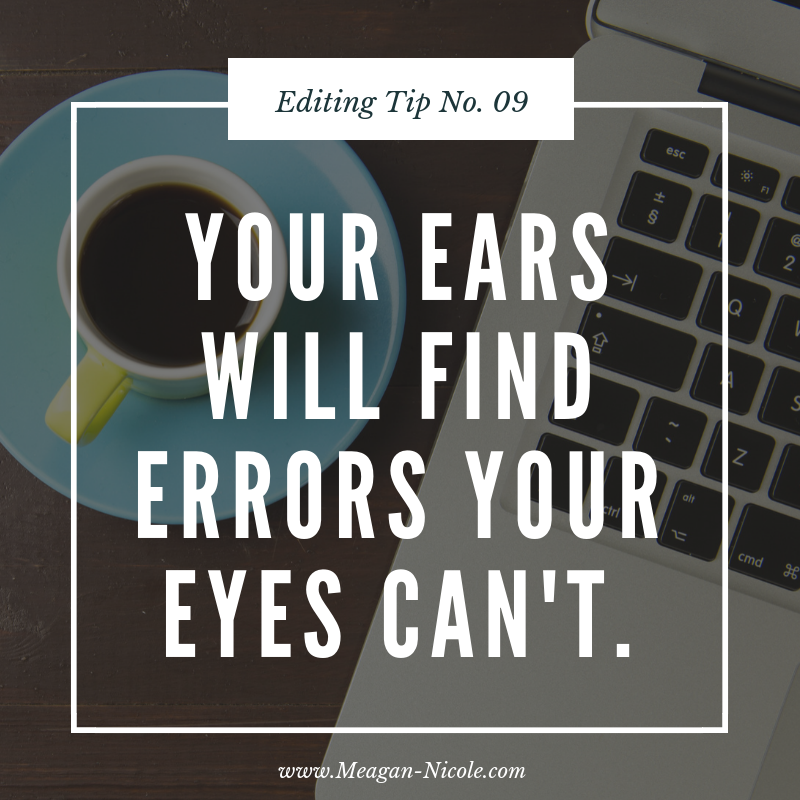



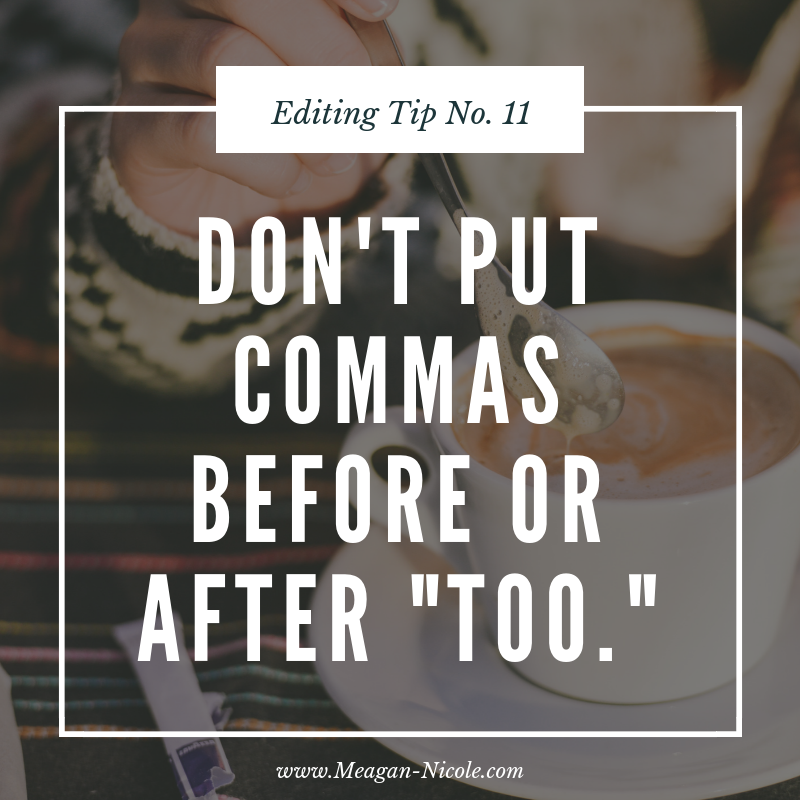
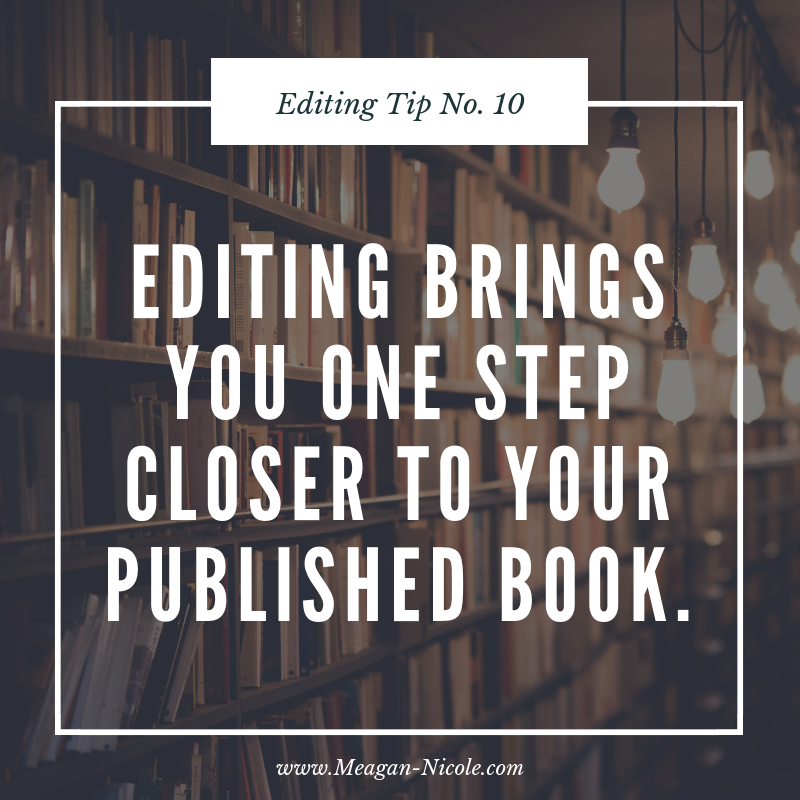



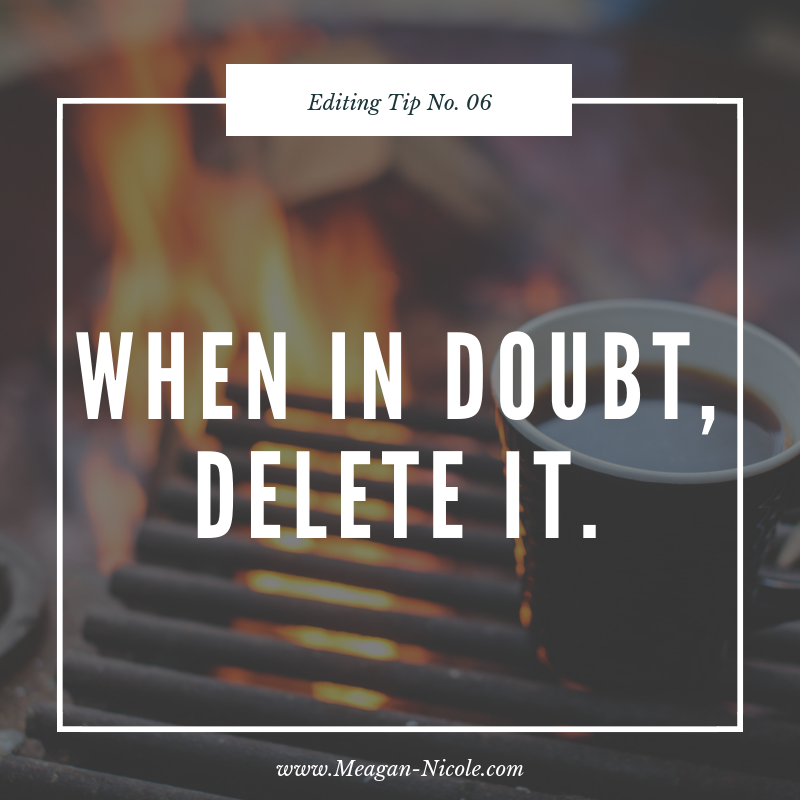
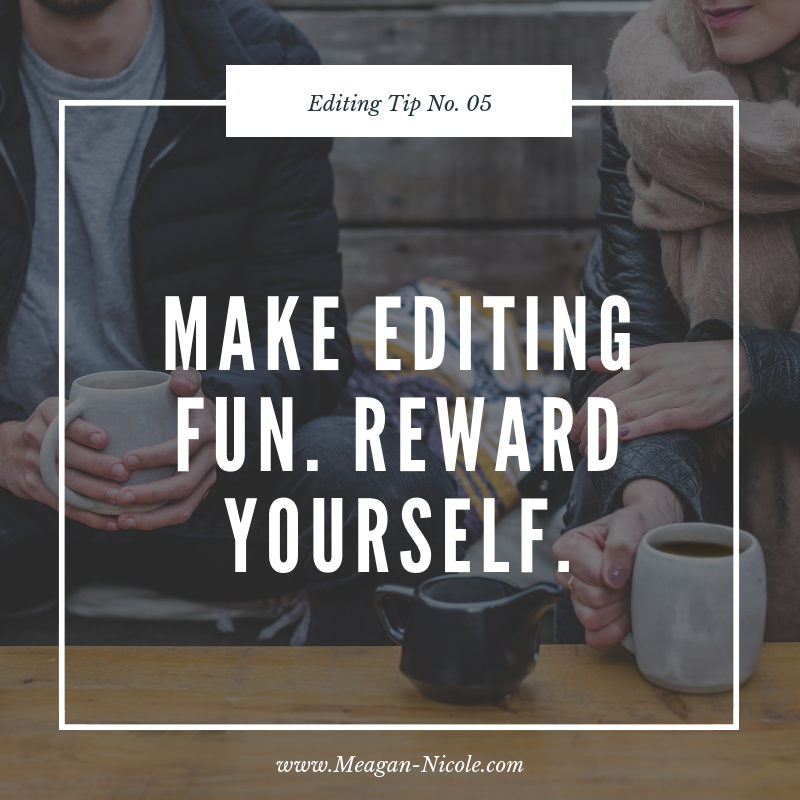

Readers and agents can pick up on writing by a self-concise writer, and it can turn them away from your novel. Learn what one phrase to delete from your novel that will immediately make your writing sound confident and believable.